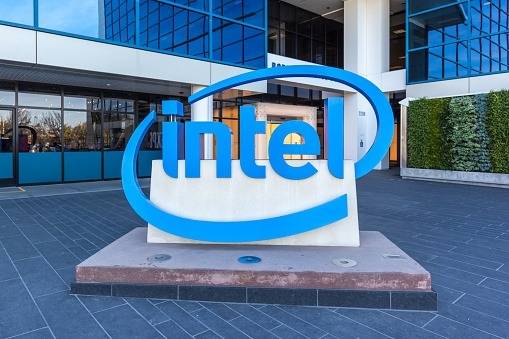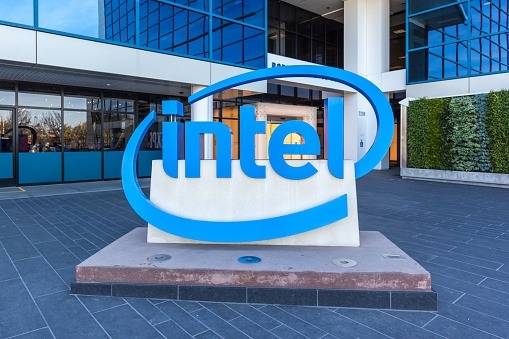The company is also in discussions with Italy to build an Assembly and packing facility there at a cost of up to $4.9 billion…reports Asian Lite News
Chipmaker Intel said it plans to build a semiconductor plant in Germany as part of an investment of up to 80 billion euros ($88 billion) in Europe over the next decade.
The initial outlay for the facility in Magdeburg, the capital of Saxony-Anhalt, is 17 billion euros ($19 billion), reports TechCrunch.
The so-called “mega-site” will actually comprise two factories. Planning will start right away with construction expected to get under way in the first half of next year, as long as Intel gets the thumbs up from the European Commission.
Production should commence at what Intel is calling “Silicon Junction” in 2027. As such, the plant won’t help offset the global chip shortage any time soon, the report said.
Intel said the dual plants will build chips using its top-of-the-line Angstrom-era transistor tech. It expects to create 7,000 construction jobs for the duration of the build, 3,000 permanent positions and thousands more jobs across partners and suppliers.
Elsewhere, Intel will invest another 12 billion euros ($13 billion) to expand a factory in Leixlip, Ireland. It will double the manufacturing space and expand foundry services there.
The company is also in discussions with Italy to build an Assembly and packing facility there at a cost of up to $4.9 billion.
Intel plans to build its European research and development hub near Plateau de Saclay, France. It expects to create 1,000 jobs as a result, with 450 of those opening up by the end of 2024.
The chipmaker aims to set up its main European foundry design center in France too. Further investments are earmarked for Poland and Spain.
ALSO READ-Blue Star gets 73 cr as production-linked incentive




